The Challenge:
The optimization of the collection and valorization of organic waste is a sustainable energy resource that is not sufficiently utilized today. Tons of organic waste are incinerated, neglecting the energy potential of these waste streams because they are often poorly sorted.
The Solution:
Trobak aims to offer a solution to this waste and seeks, through this project, to promote the sorting of organic waste.
The product for individuals, Trobak-Home, consists of a specially designed box to facilitate the sorting of organic waste in households. To combat the inconveniences associated with this type of sorting, several components have been designed: a special powder allows Trobak-Home to eliminate all odor nuisances and insect proliferation while aiding the composting process that follows.
The external product, Trobak X, designed for municipalities, eco-districts, and property management companies, enables local waste collection at collection points. Thanks to their technology, no odor will be emitted from these containers equipped with various sensors, allowing waste collection organizations to operate more efficiently.
Through the Trobak community, the project initiators hope to raise awareness among more and more citizens about adopting a more eco-responsible lifestyle by facilitating everyday tasks.
Interview:
Tell us a bit about your background?
- Andrea Quilici: My name is Andrea, and I’m finishing my master’s degree in Environmental Science and Engineering at EPFL. I’ve been working for a year and a half with my colleague Rihab on the Trobak project, which focuses on the valorization and organization of organic waste collection.
- Rihab Hammami: Hello! I have a master’s degree in Information Systems from the University of Lausanne, and I’ve been working on the Trobak project for two and a half years now. We joined the incubator in February, but we had already collaborated with Impact Hub before that!
How did you learn about Impact Hub?
- Andrea Quilici: We found out about Impact Hub through social media. We had already collaborated with Impact Hub a year earlier on an incubator they had launched on the topic of food. Since it was closely related to our theme, we decided to apply. For the second incubator, Impact Hub contacted us directly.
What were your motivations for joining the CET incubator?
- Andrea Quilici: We were looking for the opportunity to better organize ourselves, meet people with more experience, benefit from their advice on what and how to launch. We also wanted to share our idea, get feedback, and learn what’s happening in the field.
- Rihab Hammami: We especially wanted to have a framework in which to operate more confidently because we didn’t have much support. Thanks to Impact Hub, we were not only able to use their facilities but, more importantly, we were able to benefit from exchanges with the various people we met!
Tell us a bit about your project?
- Rihab Hammami: Our project is quite comprehensive because it spans different sectors. On one side, there’s the private sector, and on the other, there are municipalities, property management companies, and Swiss institutions in general. Trobak aims to valorize organic waste. One of the major challenges with this type of waste is the odor and insect proliferation during sorting. We want to offer a solution to this problem through a new eco-responsible and sustainable product. This should also make it easier for people interested in this topic but still somewhat hesitant to get started.
The pros and cons of the incubator, in your opinion?
- Andrea Quilici: As a strong point, the network. We met people who had just launched their own entrepreneurial journeys, just like us. We also met others with more experience with whom we exchanged ideas and who provided us with valuable advice.
- Rihab Hammami: It’s also a network we can use in the future! A real community has been created between Lausanne, Geneva, and Zurich! This experience has given us the opportunity to meet people from everywhere, motivated people who share our ideals!
- Rihab Hammami: The weakness of the incubator: The project is a bit short! In three months, it’s difficult to make substantial progress. Starting the project earlier would be welcome!
In concrete terms, how has your project evolved?
- Andrea Quilici: Our coach challenged us on many points, particularly on the concept of market entry. He was very competent in this area and helped us a lot.
- Rihab Hammami: Often, when we notice a problem, we have to go back to solve it and move forward more confidently and clearly. In the end, we are more or less in the same place as at the beginning, but we are launching the project with much better means and in a much better situation!
Your best moment during this adventure?
- Andrea Quilici: The national days of the incubator when all the teams from all the cities come together! It allowed us not only to strengthen our bonds with the three or four Lausanne teams but also to expand our network further and meet future startups in the circular economy!
What advice would you give to others who would like to start their own venture?
- Rihab Hammami: Dive in wholeheartedly; it’s worth it and costs nothing! Apply to incubators; you’ll benefit from an excellent structure with very competent and motivated people. It’s all benefit!







